Articles
You're Jiggling Baby (Maui Times. Jennifer Russo) - January 19, 2006
In my journey through pregnancy I’m on the last leg. With birth a mere three weeks away, I’ve been preparing with research and classes, trying to find that elusive solution to the fear and pain of springing my offspring. When I heard of Zeo Weston’s class “Prenatal Belly Dance,” I thought it would be more about fitness than childbirth preparation. So I headed to her lesson in anticipation of a good word out and to dance and….
I’ve always enjoyed dancing. And I’ve also known shaking my moneymaker was going to get me in a world of trouble–nine months of trouble, that is. My daughter was conceived over a fund night of dancing and music. Dance has been an expression of sensual seduction since prehistoric time. But from Weston’s class, I also learned dance can be a pathway to natural, painless childbirth.
Weston is a petite girl, married with no kids. But she is a tireless researcher and supporter of pregnancy and birthing, offering prenatal yoga, HypnoBirthing lessons and her services as a doula. She began her work on the topic over 10 years ago in preparation of starting her own family, along with anthropology studies and dance practice.
In her belly dance class I learned that as I practiced these moves, I was actually preparing myself for a more relaxed and pain-free birth. Belly dance is an ancient form of childbirth preparation, strengthening muscles in the belly and legs that come in handy during labor.
During a recent class, music filled my ears as we practiced six main moves, hip circles, figure eights, undulations, rib cage isolations, hip hits and pelvic circles. It was cool and rainy outside but I was working up a seat without lifting my feet off the ground. In belly dance most moves are isolations, which are cleverly low-impact and pregnancy appropriate. Class lasts for about an hour, with warm up and cool down periods.
I could physically feel how these dance moves were strengthening my belly and hips. But Weston reminded me that dance and music also help to relax your body and mind, important in easing labor.
“Pregnancy and labor is not a medical condition,” Weston said. “It is a natural function. Women have been giving birth for years without hospitals. It is the fear of the unknown, the flight or fight factor, that makes it painful.”
I left the class with a new high on birth and several new methods on easing labor, as well as a dance tip for helping induce my pregnancy should I become overdue.
“It’s never too late to begin preparing,” said Weston. “I even helped a lady who came in at nine months, weeks overdue. I should ask her how to do some pelvic circles, which can help you if you’re late. She was elated that her labor began after practicing some at home.”
While I’m hoping for an early, painless and quick labor, others might be interested in taking classes from Weston for their prenatal preparations. You will find her at www.zeoweston.com.
Make workout time into play time (Honolulu Advertiser - Paula Rath) - September 27, 2004
Belly dancing is just one of the ways Zoe Weston stays fit. She also swims and hikes.
Zoe Weston is an anthropologist and entrepreneur. As a lecturer for the Honolulu Academy of Arts, she visits both public and private schools to teach interesting cultural aspects of arts as part of the museum;s ambassador program. She also runs a small business sellings Murano glass rings from italy.
Although she has only been taking Willow change;s belly dancing classes for a year, she has become a devotee of the dance and student of the culture from which it came.
Fitness Profile:
Profession: Anthropologist, Lecturer.
Height: 5 feet 3 inch
Weight: 105 Pounds
Workouts Habits: “I swim laps in ocean three to fie days a week, hike once a week at the Nature Center on Tantalus, lift hand weights at home three times a week, and belly dance one to three times a week.”
When and why I started working out: “I’ve been athletic since I was a child doing gymnastics, ice skating, horseback riding and aerobics – Olivia Newton John was teaching us all how to get physical back in those days. As a teen, I played basketball and was on the track team, and outside of school, I started my love affair with dance – ballet, jazz and modern. I do not consider my workout work; for me it is play time. I engage in play time because I like the way my body feels and looks when I am regularly active.”
My good foods/bad foods: ”I’m a balanced hedonist. Luckily, I love healthy foods – I eat lots of brown rice, tofu, salads and fresh squeezed juice. Dairy products, especially cheese and ice cream, can sometimes become a nemesis for me. I also love red wine. My favorite junk food is a glass of ice cold coca cola – not diet Coke.”
My biggest motivator: “Looking and feeling youthful!”
What saves my sanity: “A dip in the ocean is a Cure-all for me. Similarly, after a dance class I feel rejuvenated.”
Advice for those in the same boat: “Choose an activity that you look forward to doing, and instead of calling it exercise, call it play time.”
Postpartum (Maui Mama Magazine- Zoe Weston) - Issue # 4, Summer 2021
Postpartum Care Foundation
The new nonprofit Postpartum Care Foundation is changing the culture of motherhood in the United States Founder/Executive Director, Zoe Weston says, “After the birth of my son I was in a lot of pain and completely alone. My husband had to go back to work a few days after the delivery, my closest family lived 3,000 miles away and because I was in a new community I did not have well-established connections to feel comfortable asking for help. The birth of my son was very challenging and it took me nearly three years to fully recover.”
Zoe realized she was not alone after conversations with other mothers and was motivated to get certified in postpartum care. She quickly realized that most women couldn’t afford it, which led her to create the Postpartum Care Foundation so that this important and impactful service is accessible to all.
Crossing the threshold from maiden to mother is a massive undertaking that not only needs to be recognized and ceremoniously honored but deeply necessitates a healing touch. Sacred postpartum caregivers are charged with holding space for women after birth, they feel blessed to be a witness as each mother starts feeding her baby milk, heals her body, and begins to seal the rawness of her birth experience. Postpartum caregivers are there to wrap new mothers in a blanket of loving care, tend to her, warm her insides with nourishing massage her sore muscles, create herbal tinctures, and help her heal and be strong for herself and her baby. They support the recovery and journey into motherhood through gentle loving care.
Why is postpartum care so important? Immediately after birth, a woman’s body is nutritionally depleted and often vulnerable from the stresses of birth. It is important to take the time needed to recover and properly heal.
What is specialty postpartum care? This is an at-home service includes – delivery of nutritious meals, and teas, warming treatments, belly binding, emotional support, and baby bonding techniques. This healing program helps to balance hormones, induce lactation, uplift spirits and heal the body quickly It can also greatly reduce tile onset of postpartum depression.
Is this a new kind of healing treatment? No, this kind of care has always existed in most countries around the world. However, the United States is one of the only countries in the world that does not postpartum care in its medical model or culture The Postpartum Care Foundation aims to change this and honor women and heal mothers by providing financial assistance to receive at-home postpartum care.
Postpartum Care Foundation has created programs. The first is financial assistance, the second is an online training program to become a postpartum caregiver/doula (this program has been made affordable so that women with few resources can start a rewarding new career and become financially stable), the third program is public awareness, also called the Ambassador Program, and the program IS scientific research (collecting data from assistance recipients and their caregivers and working with mental health profr:s sionals to publish the findings on the efficacy of this kind of care in relation to postpartum depression).
The Postpartum Care Foundation business model has been set up as a social and economic stimulus loop Outside of donations and sponsorships, the two forms of income are from online training tuition and an annual practitioner listing. This income goes to help financial assistance to new mothers – but it doesn’t go to the mother, it goes to the practitioner, who in tum supports mothers. Many new mothers do not have a support system in place and feel uncomfortable asking help from friends and family. Even when Women do have an emotional support system, they often do not have a trained healer who can holistic postpartum support to help them truly
heal after their bilth.
Executive Director, Zoe Weston is available to offer a fifteen minute postpartum care zoom presentation. You can contact her for more details at www.zoeweston.com
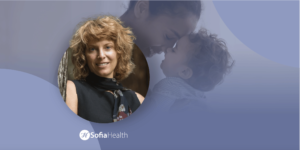
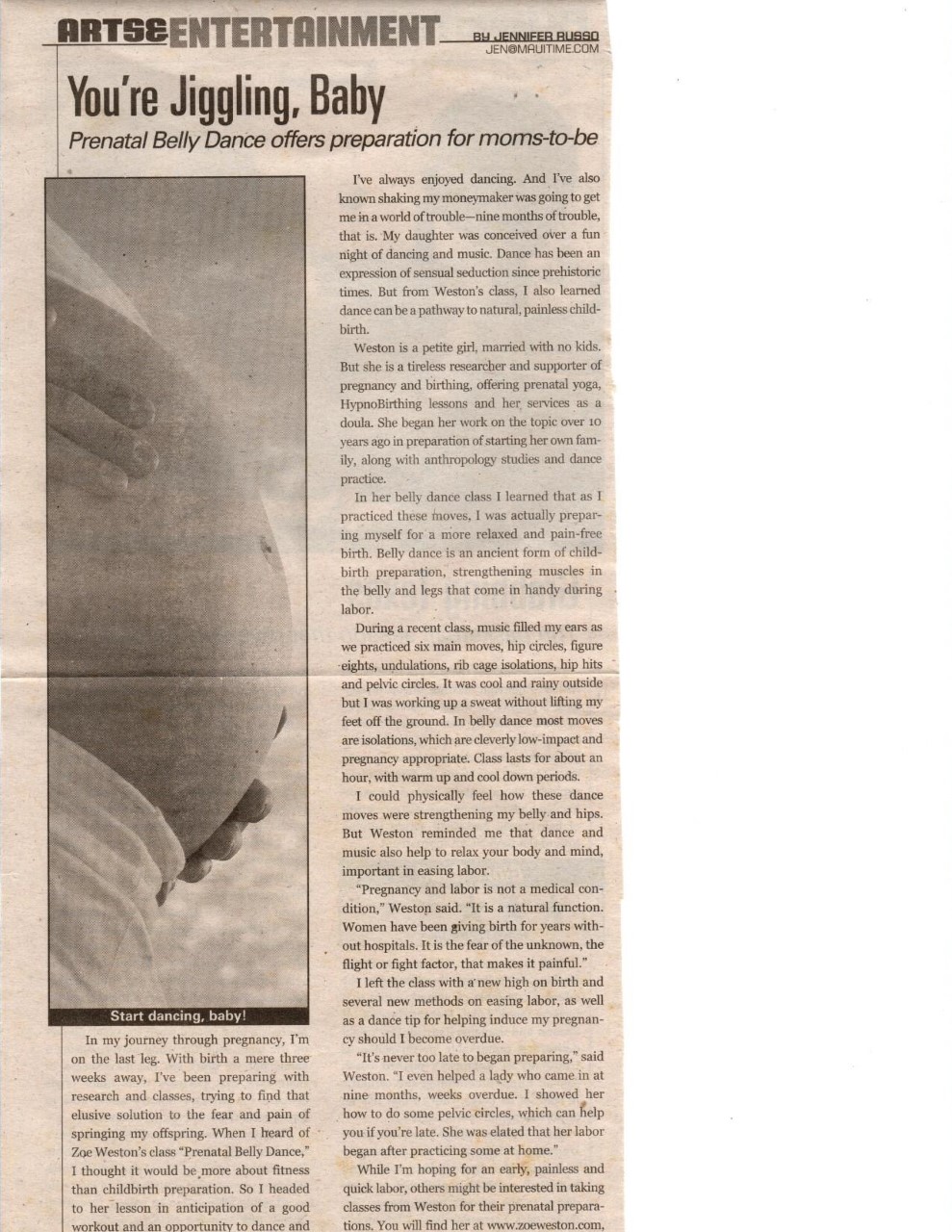
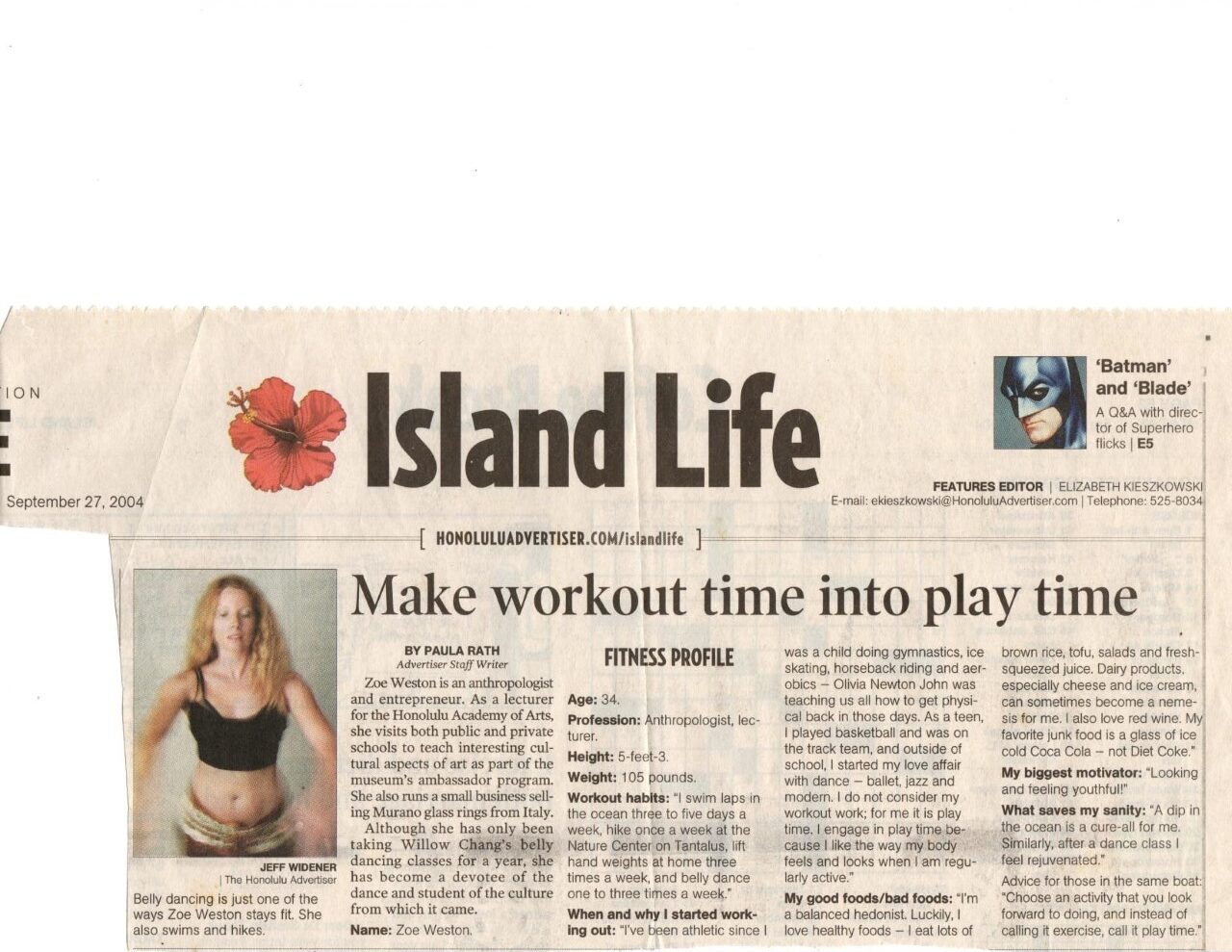

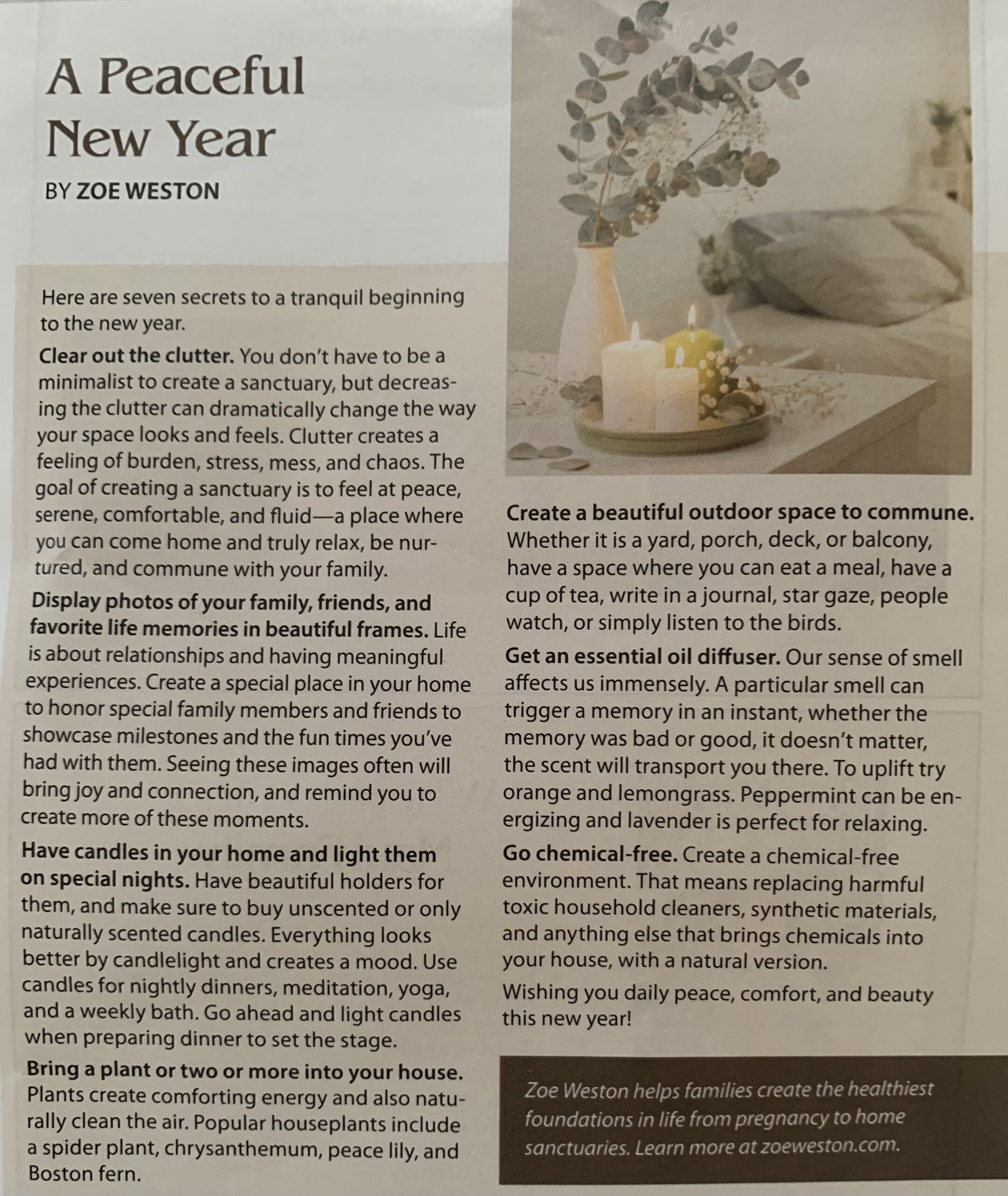
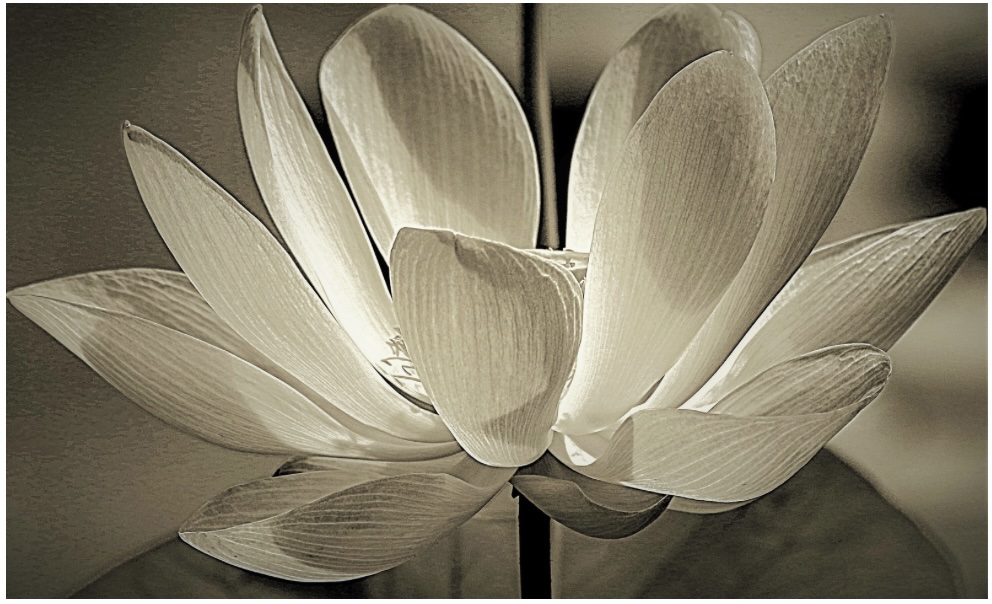 Sign up for my occasional newsletter – Sacred Living and receive a free Aqua Healing Guide.
Sign up for my occasional newsletter – Sacred Living and receive a free Aqua Healing Guide.